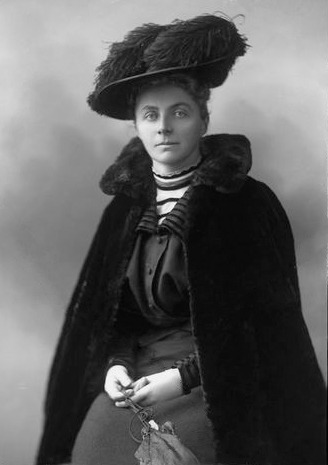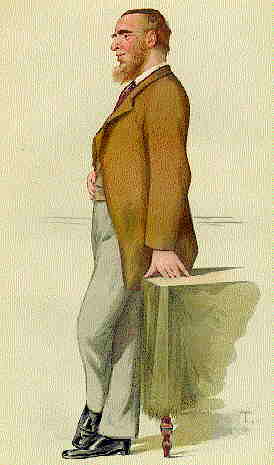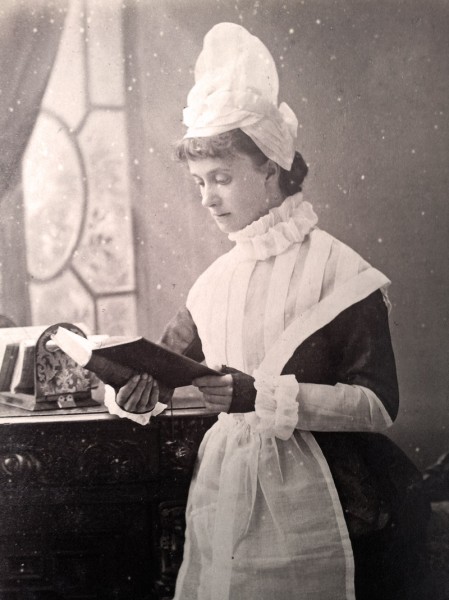Researching Emily Hobhouse
/In the autumn, I will be doing a workshop for History51 on Emily Hobhouse. Although my current research is during the late 19th and early 20th centuries when the role of women was starting to change, and many of my protagonists were strong supporters of women’s rights, this is one of my first forays into looking at a woman as a primary subject.
 Although I knew the basics of her story, and knew a lot about one of her most influential mentors, Leonard Courtney, I am learning a great deal about Emily. This includes using her friendship with the Boer leaders to try to support Gandhi's work while he was living in South Africa. She was also to use this influence in an attempt to convince the Boers to alter their attitudes towards black South Africans. Although her meddling was to cause a rift, she was remembered as a hero by the Boers. Her ashes are interred at the Women's Memorial in Bloemfontein, that she helped design. The significance is that she is one of only 3 people to be honored in this way; remembered alongside their first president and their greatest general. This gives a very stark contrast to her native Cornwall, where none of the local newspapers published an obituary upon her death.
Although I knew the basics of her story, and knew a lot about one of her most influential mentors, Leonard Courtney, I am learning a great deal about Emily. This includes using her friendship with the Boer leaders to try to support Gandhi's work while he was living in South Africa. She was also to use this influence in an attempt to convince the Boers to alter their attitudes towards black South Africans. Although her meddling was to cause a rift, she was remembered as a hero by the Boers. Her ashes are interred at the Women's Memorial in Bloemfontein, that she helped design. The significance is that she is one of only 3 people to be honored in this way; remembered alongside their first president and their greatest general. This gives a very stark contrast to her native Cornwall, where none of the local newspapers published an obituary upon her death.
However, I was thinking earlier about her return to Cornwall. As the daughter of a vicar, from a ‘good’ family, she had been comfortable but not rich. However she lost almost everything during the Great War. The money to purchase a small property was raised for her by her friend, Mrs Steyn, wife of President Steyn. My feeling is that there is a reasonable comparison to be made in the Boer veneration of Emily and the veneration of Oskar Schindler, although not an exact comparison. She was fighting to save the Boer civilians from incompetence rather than deliberate malice.
I also wanted to ask if anyone knows enough about St Ives in the 1920s to say why Emily chose there to live. My best guess at the moment is that it was the most cosmopolitan place in Cornwall at the time, and a woman with a reputation for being difficult, who had become a national anti-hero despite being proven right, would be more welcome there, than in many other places. Or at the least less unwelcome. However, my knowledge of the history of artistic communities can be written on the back of a stamp, so if you think I’m wrong in this, please let me know.
As I continue on this journey through Emily’s life, I will be sure to keep you updated. I will also be speaking at the Institute of Cornish Studies conference this autumn. Their theme this year is ‘Daughters of Cornwall’ which should prove very interesting.
Further reading:
B. Roberts, Those Bloody Women: Three Heroines of the Boer War (John Murray, 1991).
T. Pakenham, The Boer War (Futura, 1982).





